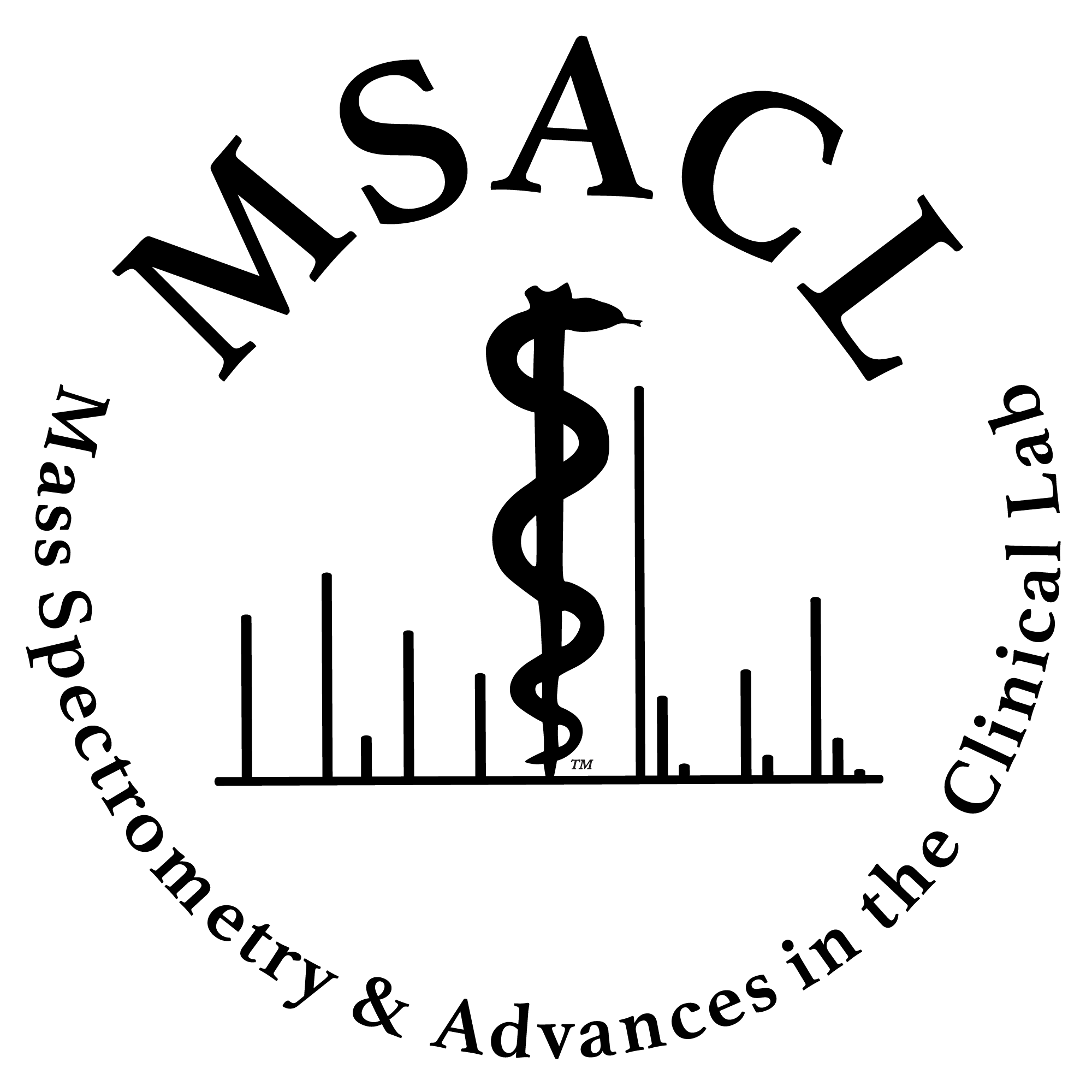MSACL 2023 Abstract
Self-Classified Topic Area(s): Tox / TDM / Endocrine > Cases of Unmet Clinical Needs > Precision Medicine
|
|
Podium Presentation in Steinbeck 3 on Wednesday at 14:40 (Chair: Briana Fitch / Brian Kelly)
 Optimized UPLC-MS/MS Assay for Therapeutic Drug Monitoring in Patients with Adenine Phosphoribosyltransferase Deficiency Optimized UPLC-MS/MS Assay for Therapeutic Drug Monitoring in Patients with Adenine Phosphoribosyltransferase Deficiency
Margret Thorsteinsdottir (1,2), Unnur A. Thorsteinsdottir (1,2), Hrafnhildur L. Runolfsdottir (3), Finnur F. Eiriksson (2), Vidar O, Edvardsson (1,3), Runolfur Palsson (1,3)
(1) University of Iceland, Reykjavik, Iceland
(2) ArcticMass, Reykjavik, Iceland
(3) Landspitali–The National University Hospital of Iceland, Reykjavik, Iceland

|
Margret Thorsteinsdottir, PhD (Presenter)
University of Iceland |
|
Presenter Bio: Professor in Pharmaceutical Analytical Chemistry at the Faculty of Pharmaceutical Sciences, University of Iceland and R&D Director of ArcticMass LTd, Reykjavik, Iceland. Dr. Thorsteinsdóttir received her PhD from Uppsala University, Sweden in 1998. From 2000 to 2009 she was the managing director of Bioanalytical Laboratories at deCODE Genetics, Reykjavik, Iceland. She has extensive experience in development of analytical methods for metabolite profiling and quantification of clinical biomarkers in various biofluids utilizing chemometrics with the goal of improved clinical management of patients towards personalized patient care.
Her current research interest includes studies of lipid metabolism in cancer cells and profiling plasma derived biomarkers for early detection of BRCA-related breast cancer. She is responsible for implementation of clinical mass spectrometry for support of diagnostics and therapeutic drug monitoring in collaboration with ArcticMass and the Landspitali University Hospital, Reykjavik, Iceland with major focus on quantitative targeted proteomics for clinical diagnosis. She is a principal investigator of the Icelandic Research Rannis projects, profiling metabolites for breast cancer diagnosis and search for novel biomarkers for early breast cancer diagnosis by metabolomics. Dr. Thorsteinsdóttir is a principal investigator for the Marine Biotechnology ERA-net project CYNOBESITY and the Horizon 2020 project MossTech, with the main task to isolate, identify and structurally characterize bioactive compounds from cyanobacteria, Icelandic mosses and liverworts. She is one of the founders of Females in Mass Spectrometry (FeMS), she is a vice-leader of the working group clinical significance and applications of (epi)lipidomics in the pan-European network, EpiLipidNET and vice-chair of the Nordic Metabolomics Society.
|
|
|
|
|
Abstract INTRODUCTION: Adenine phosphoribosyltransferase (APRT) deficiency is an inborn error of purine metabolism characterized by urinary excretion of poorly soluble 2,8-dihydroxyadenine (DHA), causing kidney stones and chronic kidney disease. Treatment with the xanthine oxidoreductase (XOR) inhibitors allopurinol or febuxostat, reduces DHA excretion and ameliorate disease manifestations. However, some patients cannot tolerate currently available therapies while others continue to form stones and progress to end-stages kidney disease despite treatment. Therefore, a more reliable method for therapeutic drug monitoring (TDM) in patients with APRT deficiency is needed.
OBJECTIVES: The aim of this study was to optimize a UPLC-MS/MS assay for simultaneous quantification of DHA, adenine, allopurinol, oxypurinol and febuxostat in plasma, utilizing design of experiments (DoE) for monitoring of pharmacotherapy in patients with APRT deficiency.
METHODS: The chemometric software MODDE Pro 13 was used for optimization of the UPLC-MS/MS plasma assay. A fractional factorial (FF) design was used for experimental screening to reveal the most influential experimental factors. Significant factors were studied via central composite design and related to sensitivity, resolution and retention time utilizing partial least square (PLS)-regression. Absolute quantification of DHA, adenine, allopurinol, oxypurinol and febuxostat was performed in plasma samples from untreated and treated APRT deficient patients and healthy controls.
RESULTS: The DoE approach was efficiently used for optimization of the UPLC-MS/MS assay. For all analytes, accuracy and precision were within the acceptable range of ± 15%. Preliminary data revealed a median (range) plasma concentration of 248 (224-395) ng/mL for DHA and 194 (159-284) ng/mL for adenine, in the untreated patients, and below 50 ng/mL for DHA and 533 (339-1034) ng/mL for adenine, in those on treatment. DHA was not detected in the plasma samples from healthy controls. In patients receiving XOR inhibitor therapy, the median plasma concentration for allopurinol, oxypurinol and febuxostat was 687 (103-2901), 7945 (2199-10943) and 1628 ng/mL, respectively.
CONCLUSION: The UPLC-MS/MS assay has been implemented to monitor the efficacy of pharmacotherapy and treatment adherence among patients with APRT deficiency.
|
|
Financial Disclosure
| Description | Y/N | Source |
| Grants | yes | University of Iceland |
| Salary | no | |
| Board Member | no | |
| Stock | no | |
| Expenses | no | |
| IP Royalty | no | |
| Planning to mention or discuss specific products or technology of the company(ies) listed above: |
yes |
|

